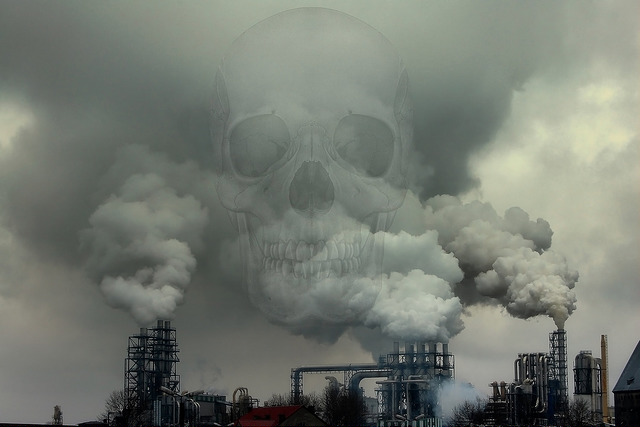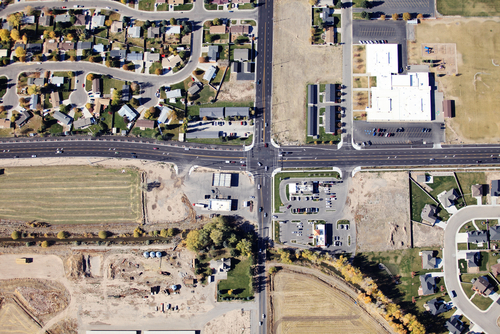


Occupational risks under scrutiny
1 February 2017
Israel: Reasons for Peace
5 February 2017The Paris Agreement substantially increased the need to better understand the economic, social and environmental implications of the decarbonisation to which the global community has committed. This need applies to states and to different levels of government, if not to all.
The EU has long had decarbonisation ambitions, but there remains considerable uncertainty: precisely how will these ambitions be achieved? What might their impacts be on the EU economy and society more generally?
 With the objective of answering these questions, OFCE researcher Francesco Vona joined the “Innovation pathways, strategies and policies for the Low-Carbon Transition in Europe” (INNOPATHS) project in partnership with the University College of London (UCL) and the Centro Euro-Mediterraneo sui Cambiamenti Climatici (CMCC).
With the objective of answering these questions, OFCE researcher Francesco Vona joined the “Innovation pathways, strategies and policies for the Low-Carbon Transition in Europe” (INNOPATHS) project in partnership with the University College of London (UCL) and the Centro Euro-Mediterraneo sui Cambiamenti Climatici (CMCC).
The idea is to reduce the various current uncertainties by characterizing and quantifying them. The ultimate goal is to make precise and concrete proposals on low-carbon pathways for Europe while taking into account the economic, social and environmental impacts of these proposals. Emphasis will especially be placed on how to maximize the benefits of considered solutions: new industries, new jobs and effects on competitiveness. At the same time, the project will study how to mitigate any negative impacts, such as those on low-income households, on carbon-intensive sectors and on workers in these sectors.
A collaborative approach
While the project will communicate its findings to the scientific community, it was designed to interact with many stakeholders – businesses, NGOs, local and national policy makers – building on co-design processes. Twenty-three stakeholders from different sectors have already expressed their desire to participate.
Furthermore, four innovative online tools will be created to explain considered policies and technological transitions to different constituencies. Through these tools – and other dissemination and communication mechanisms – the project will seek to have a substantial impact on climate and energy policy debates through 2020 and beyond. In all, the project aims to ensure that decisions in the area are taken on the basis of solid information, which it will facilitate researching and producing.




